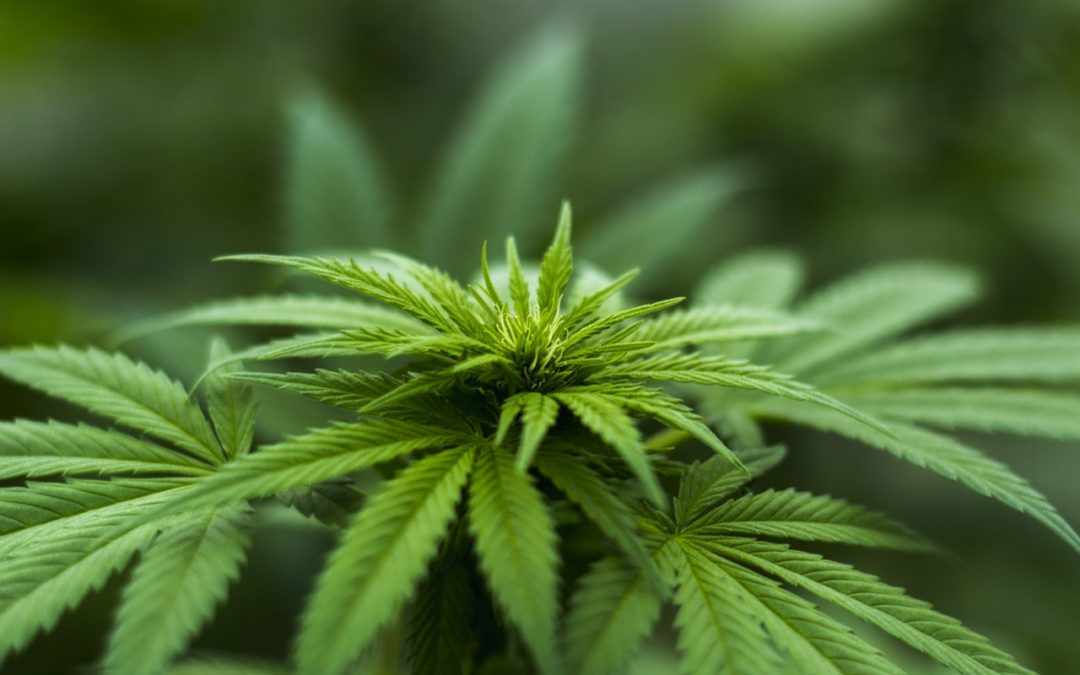For those recovering from an accident or surgery, pain management can be an ongoing struggle, and with opioid use becoming a growing issue in the United States, many are wondering if there are more effective and safer ways to help manage acute pain. Not surprisingly, more and more people have turned to CBD-infused oils and other products as a remedy for their post-surgical pain, and even celebrities are touting CBD as a cure-all for a variety of ailments, including pain and inflammation.
Although CBD is relatively safe, will CBD oil actually help those suffering from acute pain after surgery or an injury? Unfortunately for proponents of CBD, the answer is probably not. Boston medical marijuana doctor Jordan Tishler explains.
Can CBD Help With Surgical Pain?
CBD, or cannabidiol, is one of the hundreds of naturally occurring cannabinoids, or types of medicine, found in cannabis. It is non-addictive and will not cause a sense of euphoria or a “high” after use. Reports of adverse effects are rare and generally occur as a result of an interaction between cannabidiol and common prescription medications, particularly blood thinners, heart medications, and immunosuppresants which are all metabolized in the liver like CBD.
CBD has shown to be effective in treating children with rare seizure disorders, but more evidence is still needed to determine whether or not CBD may be a viable option for patients trying to manage other conditions, including acute pain after an injury or surgery.
According to a 2017 study, high doses of CBD were shown to reduce surgical pain in rats. In this study, researchers measured how rats responded to CBD administered orally and intravenously after receiving a surgical incision. Researchers found that the rats who were given high doses of CBD saw a significant decrease in pain levels whereas those that received lower doses of CBD did not receive the same sort of relief. This means that although CBD may also show promising health benefits for humans suffering from acute pain after surgery, the dose needed to effectively treat pain would likely need to be extremely high, as well.
Using CBD Oil for Whiplash and Acute Pain
Unfortunately, we currently do not have enough evidence to suggest that CBD is effective in easing acute pain in humans, as most of the research conducted on CBD has been limited to animal studies, such as the study above. Moreover, other studies, such as this 2016 study published in the European Journal of Pain, confirm that extremely large doses of CBD are required to treat pain and inflammation. In this study, for instance, rats with arthritis were given enormous doses of CBD: approximately 10-20mg of CBD per kilogram of their body weight, or roughly 60mg of CBD daily. In humans, the dose of CBD needed to ease pain and inflammation would likely need to be similar, meaning that those hoping to benefit from using CBD would probably have to take 600-1200mg of CBD every day in order to experience any sort of pain relief.
For the thousands of people across the United States suffering from whiplash and other sorts of acute pain, consuming 600mg of CBD every day, which is roughly the equivalent of six bottles of CBD oil, will be a costly, if not wholly unpalatable endeavor. One bottle of CBD oil containing 100mg of CBD can run anywhere between $30-100, meaning that taking daily doses of CBD is out of the budget for most people. Moreover, CBD, especially at high doses, can cause dizziness and gastrointestinal distress, including nausea, diarrhea, and vomiting. Ultimately, for those suffering from whiplash or other conditions after an accident, it may be worthwhile to look into other, more effective treatment options for pain management.
Other Medicines Found in Medical Marijuana to Treat Acute Pain
CBD may not necessarily be the best choice for treating pain after surgery or an accident, but there is good news is: there are over a hundred other cannabinoids naturally found in medical marijuana that are far more effective in treating acute pain than CBD! For example, tetrahydrocannabinolic acid, commonly referred to as THC, is abundantly found in cannabis. THC has been used for hundreds of years for treatment of pain and has over 60 years of conclusive evidence to support its use for pain management. The 2017 report from the National Academy of Science, Engineering, and Medicine (NASEM) stated that there was “conclusive evidence” to support use of cannabis for pain control.
THC is also a powerful anti-inflammatory and neuroprotectant, and has been shown to have significant anti-emetic properties. Furthermore, unlike CBD, THC is not broken down in the same way as CBD in the liver, making it a far safer option for those currently taking other prescription medications to manage their conditions.
Consult With a Boston Medical Marijuana Professional Today
Those considering using THC, CBD, or any derivative of medical marijuana to help manage their condition should consider speaking to a trained medical expert who is knowledgeable about using cannabis therapeutically. Massachusetts medical marijuana doctor Jordan Tishler, M.D. sits on the faculty of Harvard Medical School and has years of experience helping patients treat pain and other ailments using cannabis. He and the team at InhaleMD stand ready to assist patients in determining whether medical marijuana is the right choice for them. For more information, or to set up a consultation with the team at InhaleMD, call us at (617) 477-8886 today.

